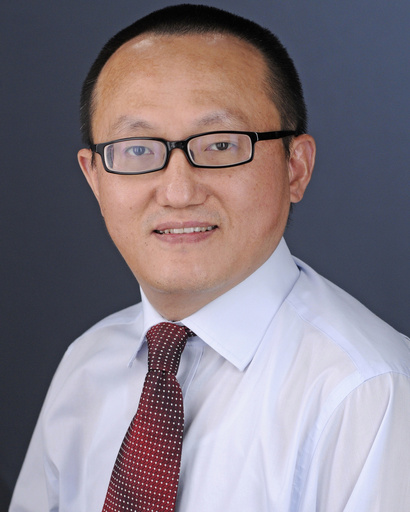A federal appeals court has overturned the conviction of researcher Feng “Franklin” Tao, who had been charged with concealing work conducted in China while employed at the University of Kansas. Tao was originally found guilty in April 2022 of wire fraud and making a false statement; however, the wire fraud charges were dismissed by U.S. District Judge Julie Robinson, who upheld the false statement charge and sentenced Tao to time served. The 10th U.S. Circuit Court of Appeals in Kansas City, Missouri, recently ruled that the government did not present enough evidence to prove that Tao’s failure to disclose his potential conflict of interest was significant, leading them to instruct the lower court to acquit him of the remaining count.
The case against Tao was part of the China Initiative launched by the Trump administration in 2018, aiming to prevent the alleged transfer of intellectual property from U.S. universities to the Chinese government. Although Tao was a tenured professor at the University of Kansas prior to his arrest in 2019, the FBI investigation ultimately found no evidence of espionage. Tao’s lack of disclosure on an annual form regarding his involvement with Fuzhou University in China, where he sought a position, was at the center of the prosecution’s argument, claiming that Tao’s actions defrauded both his employer and funding agencies like the U.S. Department of Energy and National Science Foundation.
Tao’s defense team contended that the case was an example of prosecutorial overreach, transforming a university employment matter into a federal offense. In a 2-1 decision, the appeals court majority determined that there was insufficient proof to show that Tao’s nondisclosure impacted decisions made by the government agencies granting him research funds, therefore not meeting the threshold of a “materially” false statement. On the contrary, Appeals Judge Mary Beck Briscoe dissented, believing that Tao’s failure to reveal his obligations linked to a potential role at Fuzhou University was indeed significant to the agencies overseeing taxpayer-funded research projects.



